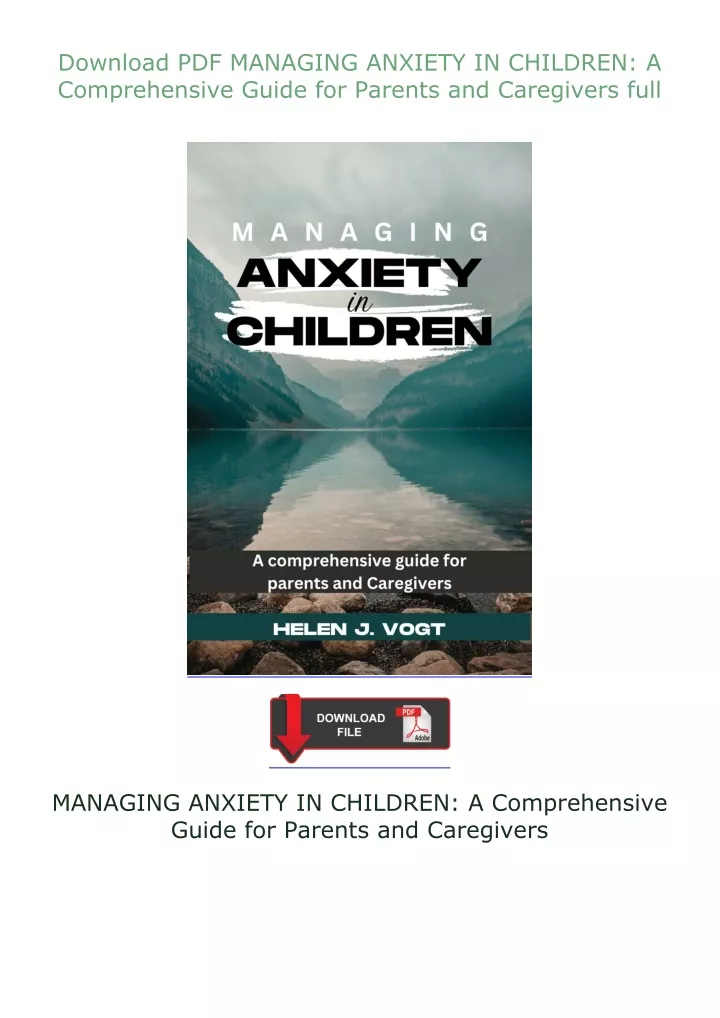Love Monster Behaviors: A Comprehensive Guide For Parents And Caregivers

Table of Contents
Identifying Love Monster Behaviors
Recognizing love monster behaviors is the first step towards effective management. Remember, these actions aren't malicious; they're often a child's way of expressing unmet needs or struggling with emotional regulation. Identifying these behaviors, regardless of whether your child is a toddler, preschooler, or older child, is crucial. Love monster behaviors manifest differently depending on age and developmental stage, but some common signs include:
-
Tantrums and Meltdowns: Explosive emotional outbursts often triggered by frustration, exhaustion, or unmet needs. The intensity and duration vary depending on the child's age and developmental stage. Toddlers might have shorter, more frequent tantrums, while older children might have longer, less frequent but more intense meltdowns.
-
Aggression (Hitting, Biting, Kicking): Physical aggression can be a way for children to express anger, frustration, or a lack of verbal skills to communicate their needs. It’s important to address this behavior calmly and firmly while teaching appropriate ways to express feelings.
-
Whining and Complaining: Constant whining or complaining can be a sign of fatigue, hunger, or a desire for attention. Ignoring attention-seeking whining is sometimes effective, but understanding the underlying cause is essential.
-
Defiance and Non-Compliance: Refusal to follow instructions or cooperate can stem from a power struggle, testing boundaries, or a simple inability to understand expectations. Clear and consistent limits are crucial here.
-
Withdrawal and Clinginess: Extreme clinginess or withdrawal can be signs of anxiety, fear, or overwhelm. Providing a secure and predictable environment can help alleviate these feelings.
-
Sleep Disturbances: Difficulty falling asleep, frequent night wakings, or sleep regressions can be indicators of underlying emotional stress or unmet needs.
-
Changes in Appetite: Significant changes in eating habits – either increased or decreased appetite – can be a sign of emotional distress.
Understanding the Root Causes of Love Monster Behaviors
Love monster behaviors often stem from underlying causes. Understanding these root causes is crucial for developing effective management strategies. Common reasons include:
-
Unmet Physiological Needs: Hunger, thirst, fatigue, and discomfort (e.g., a full diaper) are primary drivers of negative emotions in young children. Addressing these basic needs proactively can prevent many behavioral issues.
-
Overwhelm and Sensory Overload: Children can become easily overwhelmed by excessive stimulation, noise, or crowds. Creating calm and predictable environments, and recognizing individual sensory sensitivities, is vital.
-
Lack of Emotional Regulation Skills: Young children are still developing their emotional regulation skills. Teaching coping mechanisms like deep breathing or mindfulness techniques helps them manage intense emotions.
-
Difficulty Communicating Needs: Children may not have the verbal skills to effectively communicate their feelings or needs. Providing opportunities for expression and actively listening to their attempts at communication is important.
-
Developmental Leaps and Transitions: Significant developmental milestones or transitions (e.g., starting preschool, a new sibling) can trigger challenging behaviors as children adapt to new situations.
-
Underlying Anxieties or Fears: Sometimes, challenging behaviors mask anxieties or fears that the child may not be able to articulate. Addressing these underlying issues is often essential.
Practical Strategies for Managing Love Monster Behaviors
Positive parenting techniques are key to managing love monster behaviors effectively. Focus on building a strong, loving parent-child relationship while teaching your child healthy coping skills. Effective strategies include:
-
Creating a Calm and Predictable Environment: Establishing routines and creating a consistent, calm environment helps children feel secure and less overwhelmed.
-
Meeting Children's Needs Proactively: Anticipating your child's needs (e.g., offering a snack before a potential meltdown) can prevent many challenging behaviors.
-
Teaching Emotional Regulation Skills: Teach your child simple coping mechanisms like deep breathing exercises, counting to ten, or using calming visuals. Mindfulness activities can be particularly helpful.
-
Using Positive Reinforcement and Praise: Focus on praising positive behaviors and ignoring minor attention-seeking behaviors (when appropriate). Positive reinforcement is far more effective than punishment.
-
Setting Clear and Consistent Limits: Establish clear boundaries and consequences for unacceptable behavior. Consistency is key to ensuring your child understands expectations.
-
Ignoring Attention-Seeking Behaviors (When Appropriate): Sometimes, ignoring attention-seeking behaviors can be effective. However, this only works if the behavior isn't harmful and the child is not truly distressed.
-
Time-Outs (Used Effectively and Appropriately): Time-outs can be helpful, but should be used calmly and consistently as a tool for self-regulation, not punishment. The time-out should be a brief period of calm reflection.
-
Building Empathy and Understanding: Help your child understand the impact of their behaviors on others. Teaching empathy helps them develop social skills and manage their emotions effectively.
Seeking Professional Support
While many love monster behaviors are a normal part of child development, seeking professional help is a sign of strength, not weakness. Consider seeking support from therapists, child psychologists, or parenting support groups if:
-
Behaviors are persistent and significantly impacting daily life: If behaviors are severe, frequent, and interfering with family life or the child's well-being, professional help is recommended.
-
Parent feels overwhelmed and unable to cope: Parenting is challenging; it's okay to seek support when feeling overwhelmed.
-
Child shows signs of significant emotional distress: If your child exhibits signs of anxiety, depression, or other significant emotional problems, professional assessment is crucial.
-
Concerns about potential underlying conditions: If you suspect underlying conditions like ADHD, autism spectrum disorder, or other developmental issues, a professional evaluation can provide valuable insights and support.
Conclusion
Understanding and managing love monster behaviors requires patience, empathy, and a proactive approach. By identifying the root causes of these behaviors, implementing effective management strategies, and seeking professional support when needed, you can create a happier, healthier home environment for your child and your family. Remember, these behaviors are often a sign of unmet needs or difficulty regulating emotions, not a reflection of your parenting skills. Start understanding and managing your child's love monster behaviors today for a happier, healthier family. For further support and resources, explore websites like [link to a relevant parenting resource] and [link to another relevant resource].

Featured Posts
-
 Solve The Nyt Mini Crossword Answers For March 20 2025
May 21, 2025
Solve The Nyt Mini Crossword Answers For March 20 2025
May 21, 2025 -
 Liverpool Manager Juergen Klopp Expected Back Ahead Of Seasons End
May 21, 2025
Liverpool Manager Juergen Klopp Expected Back Ahead Of Seasons End
May 21, 2025 -
 Diversification Agricole Et Economique A Moncoutant Sur Sevre Pres De Clisson
May 21, 2025
Diversification Agricole Et Economique A Moncoutant Sur Sevre Pres De Clisson
May 21, 2025 -
 Novelistes A L Espace Julien Avant Le Hellfest Une Immersion
May 21, 2025
Novelistes A L Espace Julien Avant Le Hellfest Une Immersion
May 21, 2025 -
 Altshkylt Aljdydt Lmntkhb Amryka Thlathy Yndm Lawl Mrt Tht Qyadt Bwtshytynw
May 21, 2025
Altshkylt Aljdydt Lmntkhb Amryka Thlathy Yndm Lawl Mrt Tht Qyadt Bwtshytynw
May 21, 2025
